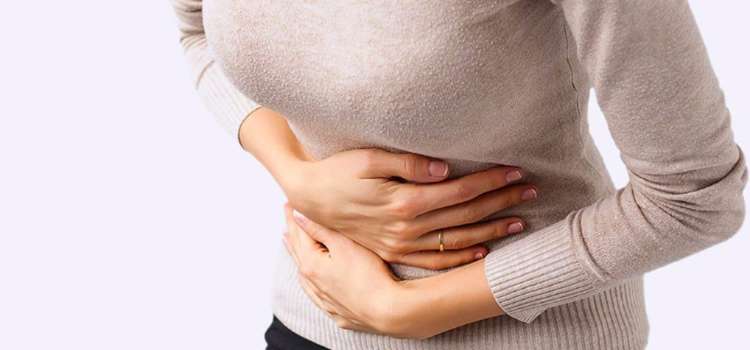You may wonder why you have to suffer through cramps in the first place. The explanation lies in the fact that your uterus must shed its natural lining each month–a job that requires your uterine muscle to contract. As it contracts, blood vessels that supply the uterus become constricted, which reduces blood flow and results in pain. For some women, the hormonal changes that trigger menstruation may be more pronounced, causing the uterus to contract overzealously–and more painfully.
1. Supplement Yourself
Take calcium and magnesium supplements throughout the month, as these nutrients work in concert to aid muscle relaxation. You should aim for a total of about 1000mg of calcium daily, and up to 500mg of magnesium daily. If you experience loose stools, reduce the dose.
2. Try a Tea
Raspberry leaf is considered to be a mild uterine tonic. Try a cup of raspberry leaf tea each day throughout the month. Keep in mind you are looking for the herbal tea, not raspberry-flavored black tea!
3. Eat More Greens
Dark leafy greens are a dietary source of magnesium, calcium, and countless other micronutrients. These nutrients are essential for mediating muscle contractions. In Chinese dietary therapy, dark green vegetables are also considered to be mildly cleansing, which is what the body needs in a “stagnation” condition. Some greens such as dandelion greens (very bitter, but very helpful) also have a mild diuretic effect, which reduces bloating.
4. Cut Down on Coffee
Caffeine, especially from coffee, is a well-known vasoconstrictor – it makes blood vessels constrict. Indeed, it may cause the vessels that feed the uterus to tighten more than they do in non-coffee drinkers. If you’re a diehard coffee drinker and can’t cut it out entirely, try avoiding it just in the week before your period and see if you notice a change.
5. Use a Heating Pad
A heating pad or hot water bottle is a simple, tried and true way to reduce muscle spasms.
6. Try Acupuncture
Certain acupuncture points are thought to regulate blood flow through the abdominal cavity and relax the nervous system, which can help calm muscular contractions. Studies show that acupuncture is just as effective as over-the-counter anti-inflammatory medicines for reducing pain.
In addition to pain relief, don’t be surprised if these changes also lead to better digestion, better sleep, and a steadier mood. However, if these measures aren’t enough to improve your quality of life, an acupuncturist or naturopath can offer you further refinement of natural strategies.
Also, keep in mind that excessively painful menstruation can be a sign of a more serious underlying medical issue, such as endometriosis, a uterine infection, or a problem with the uterine anatomy. Don’t forget to consult your primary care provider to make sure these possibilities are addressed, especially if you just can’t seem to get your pain under control.

